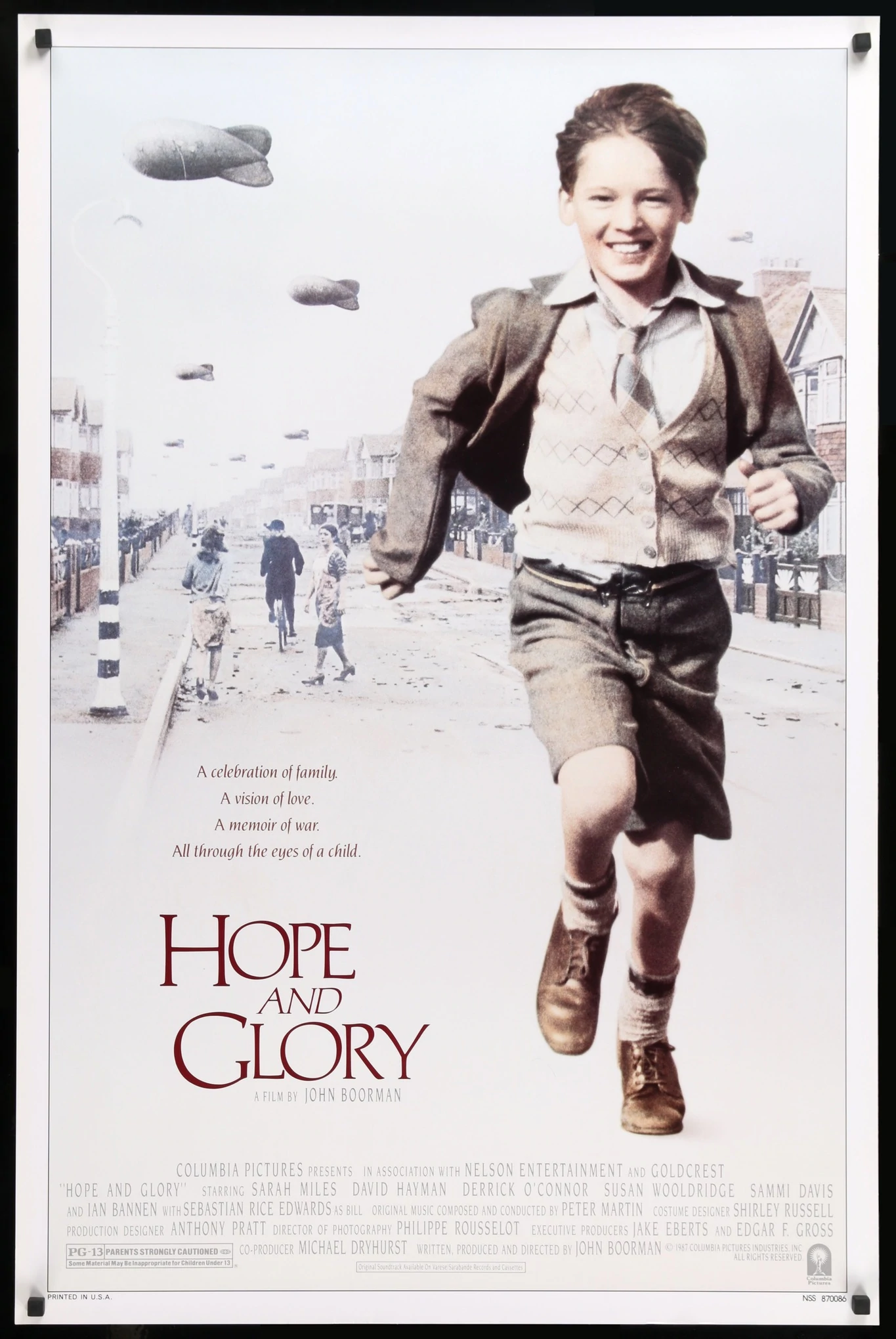I would promise to not make any Star Wars jokes, but lets be real, we all know there is no way in hell I won’t. ![]()
Bring in the buckets of sand. ![]()

I just realized, the movie is Shattered Glass! Glass is made of SAND!
Shattered Glass is over. Next week is Hope and Glory.
“You were supposed to bring honor to journalism, not screw it!”
Lane : “It’s over Glass, I have the high ground”.
One snag throughout the picture was Kelly’s portrayal, he was cantankerous to his doubters in correspondence regarding Glass’ publications which the movie sanitised. Another omissions was how Perez fired Kelly AND Lane for not catching him out. Overall it’s still a solid film ![]()
You see that in the Vanity Fair article as well.
It worked because Michael Kelly, Chuck Lane’s predecessor at The New Republic, never wavered in his support for the cub reporter he had helped catapult into the big leagues. When confronted with two different accusations of fabrication in Glass’s work during a three-month period in 1997, Kelly responded not with a soul-searching interrogation of his protégé but, in one of the incidents, by dashing off angry and vitriolic letters to the offended parties. Kelly called one of them dishonest and labeled his complaint meritless, and told another that he owed Glass an apology.
In a recent interview, Kelly said that questions about the scene had been discussed during the editing process, and that Glass gave convincing assurances that he had talked to friends who had witnessed Jacobson eating.
“You either trust the writer or you don’t.”
said Kelly, calling the complaints “nitpicks.”
Kelly went beyond an editor’s ordinary defense of a writer. When pointed criticism of the article also came from Jacobson, Kelly fired off a private letter that Jacobson later described as one of the nastiest he had ever received:
“Mr. Jacobson, you lied, and you lied because lying supported your thesis, and you attempted to cover up your lie,”
Kelly wrote.
“You have shown that you are willing to smear someone’s professional reputation without any concern for truth… I await your apology to Stephen Glass and to this magazine.”
Jim Naureckas, editor of the magazine Extra! (published by the group Fairness & Accuracy in Reporting), also wrote Kelly questioning Glass’s piece.
“The whole article is so dishonest in approach that one can’t help but suspect that Glass knew he was fudging.”
Kelly also privately replied to Naureckas, writing:
“I regard your assessment of Mr. Glass’s work as meritless: dishonest, wrong-headed and clearly motivated by devotion to ideology, rather than by any concern for truth or accuracy […] I take criticism of TNR seriously, when it comes from a credible source. That doesn’t include you. If you want to make it your occupation to do hackwork and hatchet jobs on behalf of the left’s party line, that’s up to you, but don’t expect me to accept you as the arbitrer [sic] of what constitutes shoddy.”
The New Republic investigation concluded that Glass’s first unequivocal use of fabrications was in the piece about C.S.P.I. and Michael Jacobson. The complaints had been on target. Glass had invented the anonymous people who had seen Jacobson eating, as well as an enormously inflammatory quote from an unnamed and nonexistent Food and Drug Administration official.
When Jacobson first saw an article exposing Glass’s fabrications, he did feel a certain vindication. But, he said:
“it doesn’t negate holding me up to ridicule. That’s the kind of thing you cannot erase.”
When interviewed, Kelly said that he would gladly apologize to Jacobson for the opening anecdote – as long as he was given definitive proof of its embellishment. As for his support of Glass, he offers this:
“I know a lot of people who are dishonest as journalists, but they’re dishonest in pretty conventional ways… [Glass] would make it up with a level of specificity that was so rich that to suspect him you had to wrap yourself around the idea that this reporter was making up things entirely… In hindsight I wish I had been smarter or more skeptical. I wish I had caught him.”
I don’t know whether there were any extra scenes on the cutting room floor, considering this was released after Kelly’s death in Iraq.
Kinda reminds me of why Patton had to cut all of Ike’s scenes.
Kelly was alive when the film got competed so it’s highly probable Billy Ray wanted to lessen the former’s wrath.
On a side note, I did like Hank Azaria’s performance as Kelly.
BTW, Kelly’s articles are archived on the internet. Check them out sometime, they’re very interesting.
https://www.jewishworldreview.com/michael/kelly.archives.asp
NOW SHOWING

1987 | 113 minutes
A young boy living on the outskirts of London experiences the exhilaration of World War II. During this period, he learns about sex, death, love, hypocrisy, and the faults of adults as he prowls the ruins of bombed houses.
He doesn’t learn about tea? Well now i know that this movie was definitely not made by a British person.
Next week it’s Memphis Belle.